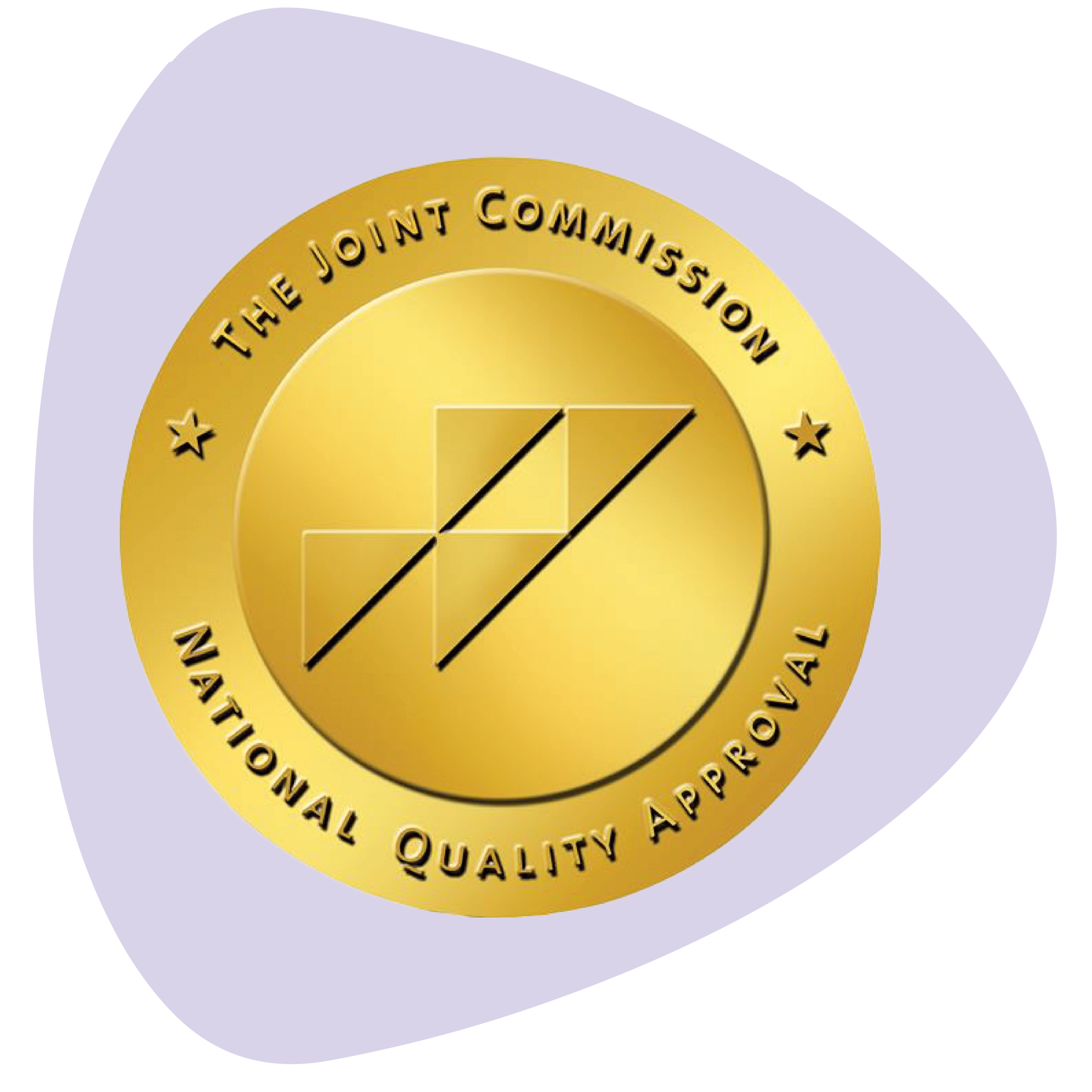Iris clinicians are at the heart of what makes our organization such a special place to work. That’s why we’re turning the spotlight on the amazing work they’re doing every day. This month, we’re sitting down to talk with Dr. Jaskirit Gill.
Q. How did you find Iris and decide you wanted to be an Iris provider?
A: I was referred to Iris by a colleague. Before I worked at Iris, I was doing locums work and looking for a more permanent fit. I talked to several colleagues at other telehealth companies and one at Iris. I did my due diligence. I spoke to other telehealth companies, along with Iris. However, there were a few things that made me choose Iris.
One of them was that they had a benefits package. It was a few years ago, and many telehealth companies were doing 1099s. Another unique thing was the fact that they did the match process. I felt like there was a lot of thoughtfulness. They thought about what would be a good long-term fit. When looking for a permanent job, you’re really thinking about what will be sustainable. I felt out of the options available at the time, Iris was the most sustainable option for my career and my family. My family is growing, so it was important for me to think about what would work three or two and a half years ago and what would work now.
Q. What does a typical day as an Iris Telehealth provider look like for you?
A: I start in the morning reviewing the huddle. I’m lucky that my clinic gives me a huddle. We have the patients scheduled, so I know who I’m going to see every day. I get some notes from the primary service provider and the nurses. I start the day very prepared. I know exactly what to expect, which is a huge positive, especially in psychiatry which can be unpredictable. This workload is very predictable, and I really appreciate that.
After I do the huddle, I see my morning patients. I have time to catch up on my notes, have lunch, and then see my afternoon patients. Then, I wrap up, and I’m usually done by five, which is really nice. I think one of the biggest things I like is that it’s really done at 5. I’m not being called afterward. For me, I think that it’s really important that there really is a clear end to the workday. That provides a lot of help not only for my family but for my peace of mind.
Q. What do you love about being a telepsychiatry provider?
A: I love providing patient care to people who may not have had access to a psychiatrist before. The clinic that I’m at is more in a rural area. I think they only have one psychiatrist in the county. I know many patients I see were on a long waiting list, or their family doctor was doing their best to manage the condition. Telepsychiatry really helps to reach those areas. A lot of people may not want to live in a rural area but would still like to help service those areas. I felt Iris provided a really unique opportunity to live in a region that I want to live in, but still be able to provide services to people who may not have access to care.
Q. How do you foster connection with patients virtually?
A: I think it’s really the same as in person. You make eye contact, listen, and meet them where they’re at. I feel, maybe since I grew up with technology, and especially in the pandemic, talking with my friends on Zoom felt no different. It’s as if they were sitting in front of me. I would say it’s identical to how you connect in real life. You listen, and you really try to put yourself in the other person’s shoes. Then you use the tools and resources you may have to help that person with whatever situation they’re dealing with.
Q. As a healthcare professional, how do you manage work-life balance?
A: I think I’m really lucky in that regard. Telehealth makes it much easier to manage work-life balance. Before, when I was doing locums, it was very disruptive to my family life because I would be moving or need to be in a certain place; maybe that was not close to my family. And with telepsychiatry, one thing I thought about that’s unique is even if I move, my family, or my husband, if his job moves to Chicago, that doesn’t mean I have to find a new job. I think before you move out of state, you may move 45 minutes away because that’s where affordable housing is, that means finding a new job. But I don’t think that’s the case anymore. With my role, I can live anywhere and still keep my job, which is unique.
I think the key with telehealth is that it’s not only sustainable, but it’s also really stable. I do not have to go to a locums assignment here or there. I can stay with my family for the most part. And still have benefits, pay my bills, and be around if grandma needs anything. That’s huge for me.
Q. What are your biggest learnings from your time at Iris?
A: I learned, especially during the pandemic, the power of people. I’m just one person, and Iris is a big company with lots of people who do lots of things. There are lots of patients and clinics. I was amazed at how well people worked together and their resilience. It really touched me to realize that healthcare providers are doing so much, but there are also so many people behind the scenes who make that happen. That keeps the lights on and makes sure I have internet. In really challenging and uncertain times, people persevered, and I think I played a small part in that if any. It was the collective people and the power of that.
Q. What’s the most rewarding part of your job?
A: The most rewarding part is my team. I’m privileged to have a role where I provide care and service to others and try my best to help people. The fact that I have such great support with Iris and such great support with my clinic – all of that is really unique. A lot of doctors who were discouraging me from telehealth said I may not know who I’m working with or what I’m getting into. However, Iris did a good job of helping me really understand my clinic.
When I did my interview, I wasn’t interviewing with just one person at the clinic. I met the whole team. They told me what to expect. I went through a week-long orientation with the Iris team, and they helped me get situated with the clinic. They didn’t just drop me off and leave me. They’ve been with me for the last two and half years, making sure I’m doing okay. Making sure the clinic is happy.
All that collaboration made a difference and every person at Iris really cares. They are all about the patient and helping the clinic solve their problems, and also helping me – if I have a small camera issue or something, somebody cares. I heard telemedicine is like a one-person island; you’re by yourself and left to figure it out on your own. I haven’t felt that way at all.
Q. What do you love about working with Iris?
A: Working here has been a big blessing on my life. When you go into psychiatry, and especially doing locums before, I saw many different ways of providing care. And then I joined Iris and felt from the beginning I was so lucky. I’m so lucky to be working with the clinic I’m at. I was so lucky to have Ted as my Clinical Operations Manager. And then to have Martha now, and then the IT people, every day, it was like, “I’m so lucky.” This is such an amazing role that I have.
As my family needs changed, my scheduling availability changed, and I was relieved that the clinic and Iris could work with me and make a new schedule as my family grows. I thought that was really special. I’ve heard about places where they tell you, “This is the assignment. This is what we expect from you.” And working at Iris was the reverse. I came to them saying, “I love the clinic. I want to stay here, but I’m only going to be available these days of the week.” And then they worked with me to make that happen.
Q. Why do you think telepsychiatry is important to the future of mental healthcare?
A: It is the future. I don’t think we have a choice about it. It’s where a lot of patients are. I see a large age group, especially the younger patients, who prefer it. It’s more convenient for them. I think as people give it a chance, they’ll realize many benefits. They can see a doctor where they may not have been able to before. There’s a lot of flexibility in terms of scheduling too. We’re just at the beginning of what telehealth can do, and Iris is really at the forefront of that.
There are so many things that are still yet to come. The fact that we have all this health data. The fact that we can use that in a way that’s meaningful to patients. There are so many places for telehealth to go. I’m excited that I’m a part of it. It’s been nice to see how it’s evolved through the pandemic and where it will go even after that.
At Iris, we believe our providers should be respected, valued, and applauded for the work they do, and we couldn’t be more proud to say, “thank you” to our very own Dr. Jaskirit Gill. If you’d like to learn more about working for Iris Telehealth, contact us today.



